We've made science experiments of ourselves and our children
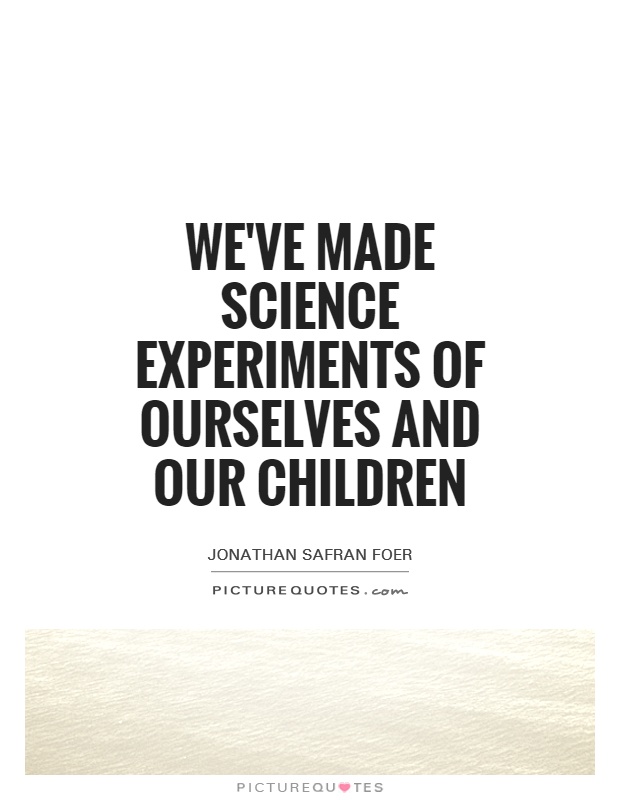
We've made science experiments of ourselves and our children
In his novel "Extremely Loud and Incredibly Close," Jonathan Safran Foer explores the theme of experimentation on ourselves and our children in a deeply emotional and thought-provoking way. The protagonist, Oskar Schell, is a young boy who embarks on a journey to uncover the truth about his father's death on 9/11. Throughout the novel, Oskar grapples with the idea of experimenting on himself and his own emotions as he navigates the complexities of grief and loss.Foer uses Oskar's character to illustrate how we often become unwitting participants in scientific experiments of our own making. Oskar's quest for answers about his father's death leads him to engage in a series of experiments, both physical and emotional, that push the boundaries of his own understanding and resilience. As he delves deeper into the mystery surrounding his father's death, Oskar finds himself confronting his own fears and insecurities, ultimately coming to terms with the harsh realities of life and death.
The theme of experimentation is also reflected in Oskar's relationship with his mother, who struggles to cope with her own grief and guilt over her husband's death. As Oskar and his mother navigate the complexities of their shared loss, they are forced to confront the ways in which they have experimented on themselves and each other in an effort to cope with their pain.
Foer's exploration of experimentation in "Extremely Loud and Incredibly Close" serves as a powerful reminder of the ways in which we are all constantly testing the limits of our own humanity. Whether through scientific inquiry or personal introspection, we are all engaged in a never-ending process of experimentation that shapes our understanding of ourselves and the world around us.
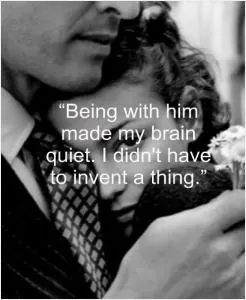
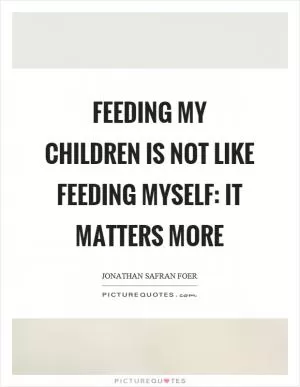




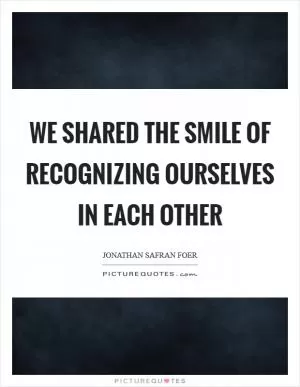
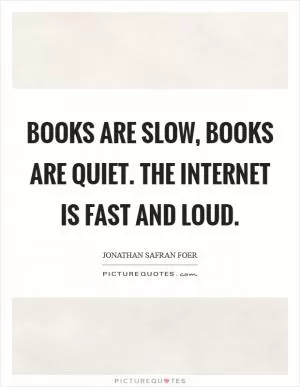




 Friendship Quotes
Friendship Quotes Love Quotes
Love Quotes Life Quotes
Life Quotes Funny Quotes
Funny Quotes Motivational Quotes
Motivational Quotes Inspirational Quotes
Inspirational Quotes